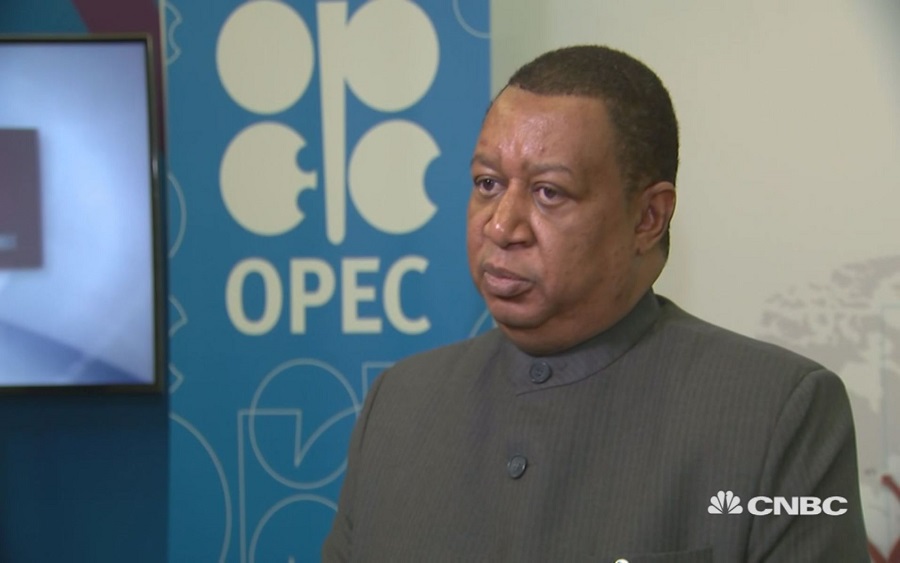The Organization of Oil Exporting Countries (OPEC) has launched a bulletin to track data statistics of its members in the industry and other key economic indicators.
OPEC says that the ABS would be a platform for reliable research data for analysts and policy stakeholders.
“The Annual Statistical Bulletin (ASB) contains about 100 pages of tables, charts and graphs detailing the world’s oil and gas reserves, crude oil and product output, exports, refining, tankers, plus economic and other data” the body said.
Comprising of important current time data of the oil production industry, from production to demand and import/exports, including oil transport tracking.
OPEC announced the initial launch report will provide data on oil and gas activities of 13 countries including Nigeria and Algeria, Angola, Congo, Equatorial Guinea, Gabon, IR Iran, Iraq, Kuwait, Libya, Saudi Arabia, the UAE and Venezuela.
OPEC announced that the ASB would come with an interactive version on iOS and Android to optimize the valuable research data on the platform.
READ MORE: OPEC production output now at lowest level in nearly 30 years
OPEC Secretary-General, Dr Mohammed Barkindo said the body is dedicated to high-quality data transparency to provide timely oil and gas metrics for analysts.
“This underpins OPEC’s overarching goal of fostering sustainable oil market stability for the benefit of producers, consumers and the global economy,’’ he added.
OPEC’s Head of Data Services Department, Ms Boshra AlSeiari, provided timely data from the ASb saying global demand grew 0.9% year on year with an average of 99.67 Million BPD in 2019, adding that the largest growth came from Asia (China and India in particular), Africa and the middle east.
“Total world crude oil production declined in 2019 by 0.56 million barrels/day (mb/d), or 0.7%, as compared to 2018, to average 75.26 mb/d, following a historical high during 2018.
“OPEC crude oil production declined sharply year-on-year by 1.86 mb/d, or 6.0% while crude production by non-OPEC countries grew by 1.30 mb/d, or 2.9 per cent.
“OECD oil demand fell slightly in 2019, while oil demand in OPEC member countries returned to growth in 2019,’’ AlSeiari said.
She also added that total exports from members averaged 22.48 million barrels per day in 2019, decreasing 7.4% from 2018 by 1.80 million barrels per day. She added that oil reserves of OPEC nation increased 3.7% in 2019 to 1,227 billion barrels and capacity to refine grew by 1.21 million barrels per day at 100.98 million by 2019.
“World proven crude oil reserves stood at 1,551 billion barrels (bn b) at the end of 2019, increasing by 3.6% from the level of 1,497 bn b recorded at the end of 2018,” she said.
















